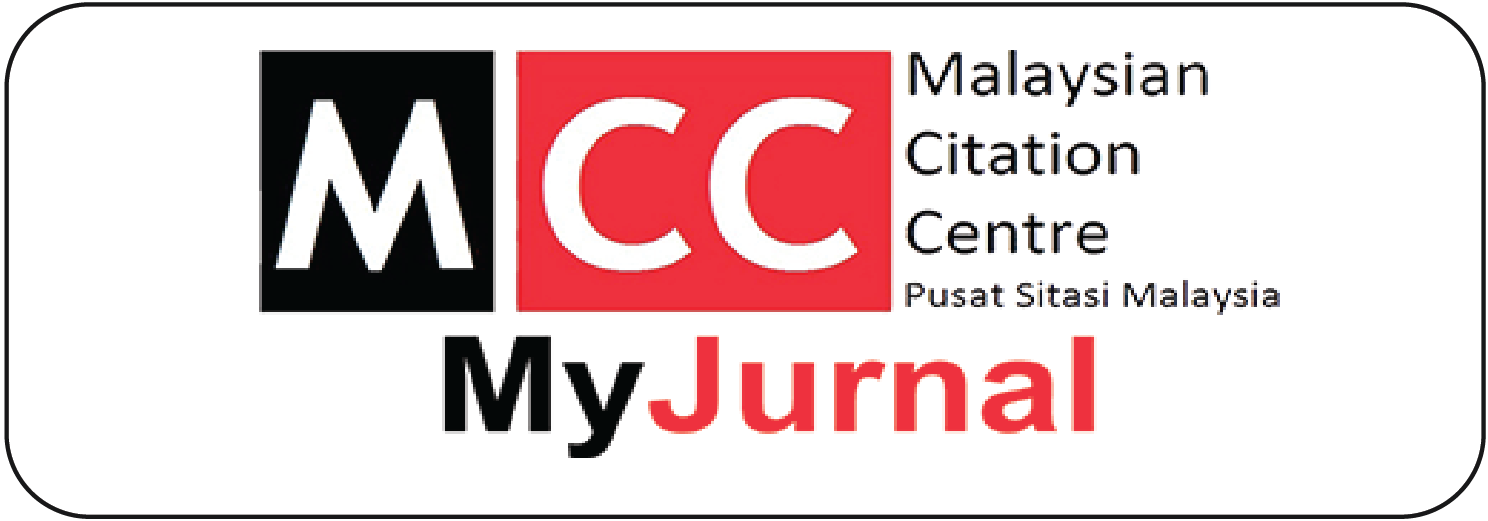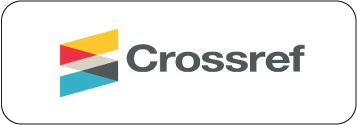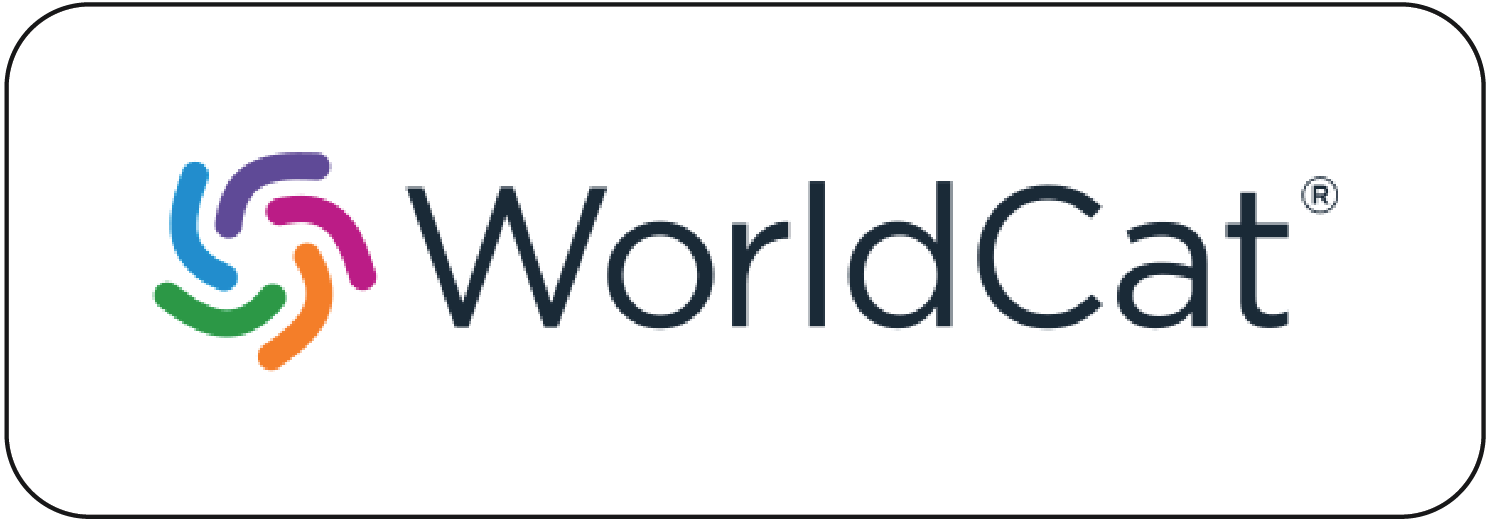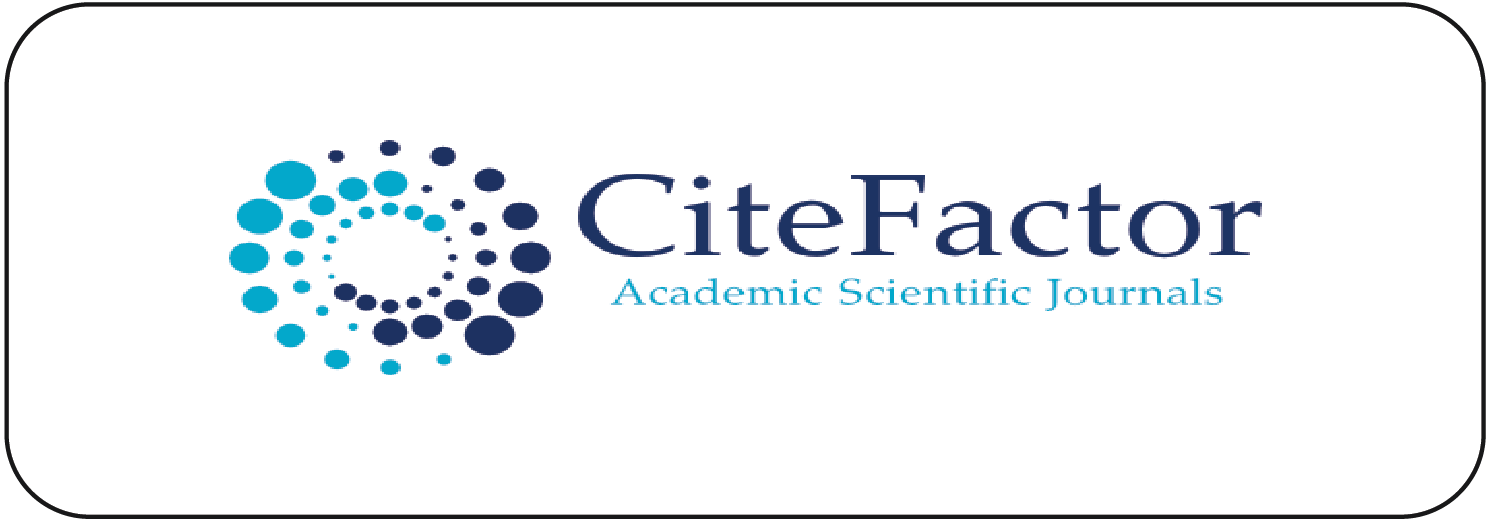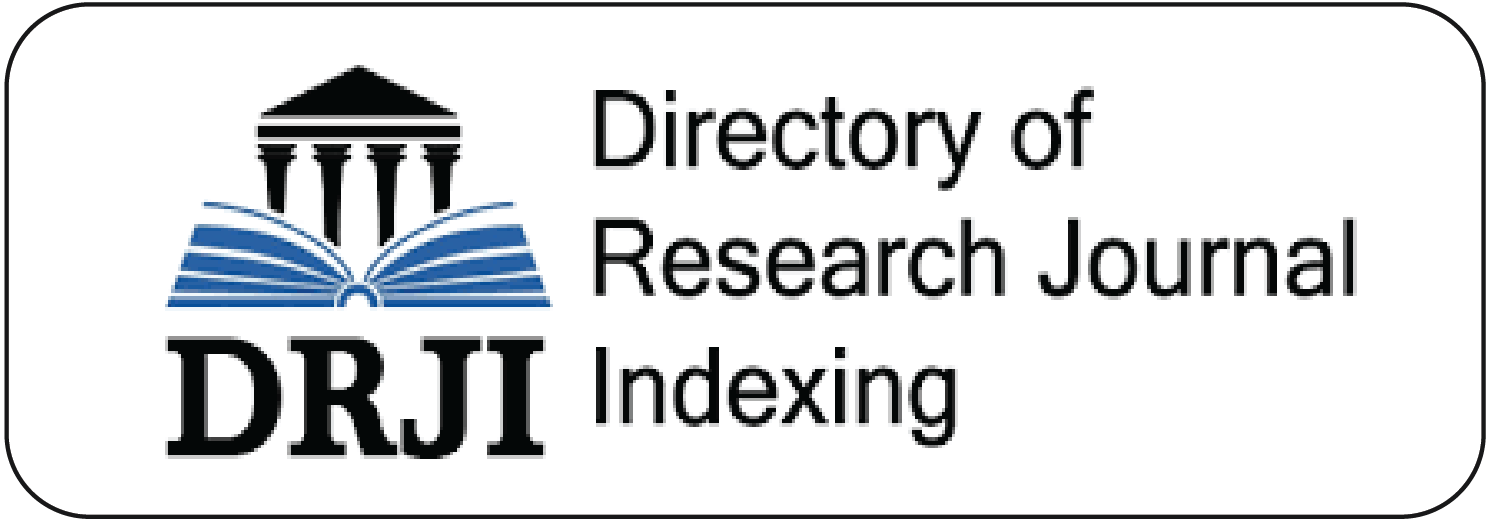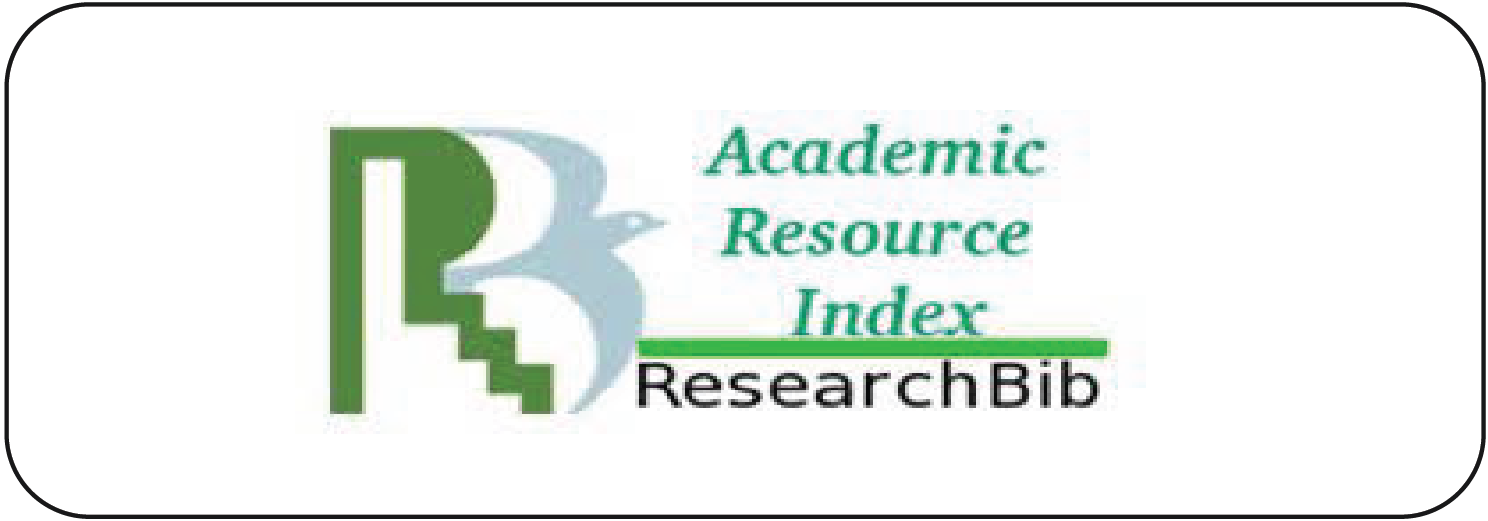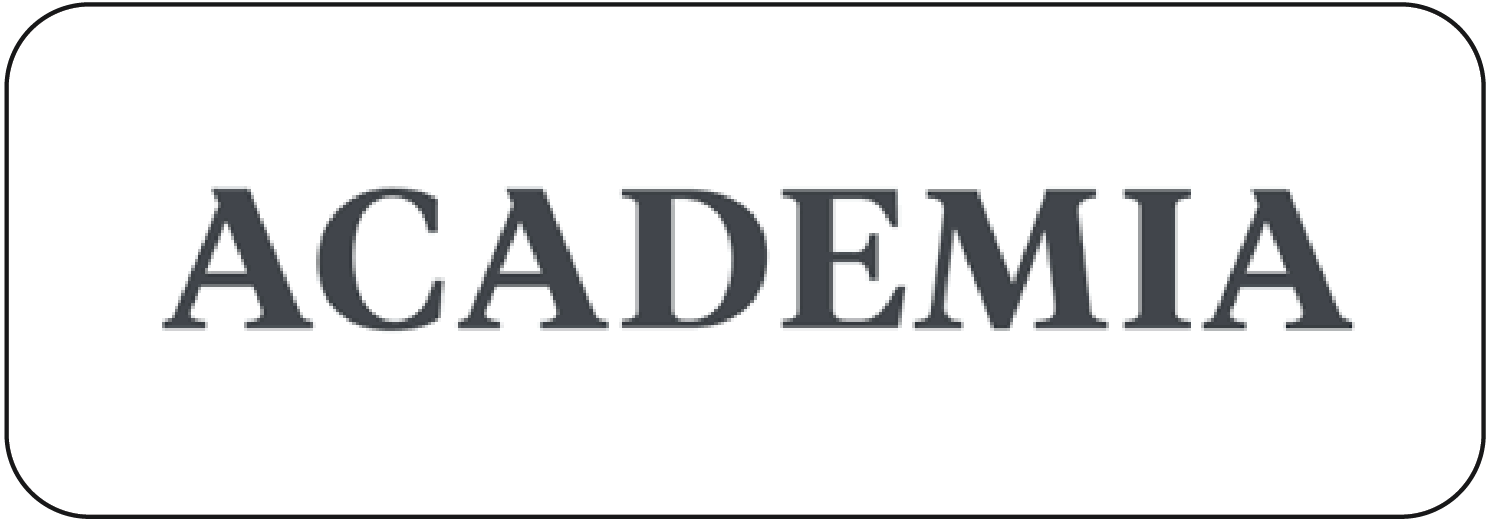Limitations Of The SDGs In The Light Of A Zakat Approach In Terms Of Resilience
DOI:
https://doi.org/10.51377/azjaf.vol3no1.94Keywords:
Methodology of Building Knowledge, Zakat phenomenon, Resilience, limitations of the SDGsAbstract
The aim of the study is to explore the limits of SDGs in the light of a zakat approach in terms of resilience. It is based on the progress of research in philosophy of science, anthropology, mesology, and collapsology, by considering the phenomenon of zakat in its ontological dimension as a level of analysis. Among the main results of the study, the following should be noted: (i) the SDGs convey an underlying epistemological model based on the growth of endless production, which itself feeds on the ex nihilo creation of money; (ii) Associating zakat, as a component of social finance, with the SDGs amounts to submitting it to a global financial system based on ex nihilo monetary creation; (iii) The assimilation of zakat into a means of financing contributes to the financialization of Muslim societies life to comply with the requirements to financial structures and logics. The study concludes by arguing the following: (i) the results obtained reveal the limitations of the linear approach of riba as a purely technical solution that does not consider the ontological nature of the mainstream financial system; (iii) Zakat is a multidimensional phenomenon which strengthens the resilience of populations to shocks through the creation of own worlds (milieu, umwelt); (iii) Zakat cannot be reduced to a financing modality to fill the SDGs funding gap, as suggested by UN, World Bank and OECD.
Downloads
Downloads
Published
How to Cite
Issue
Section
License
Copyright (c) 2022 Abderrazak Belabes

This work is licensed under a Creative Commons Attribution-NonCommercial-NoDerivatives 4.0 International License.








